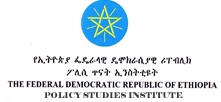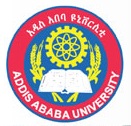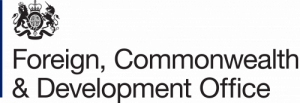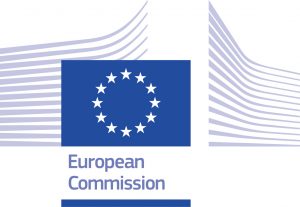Partners
ESSP works in partnership with a range of organizations to help facilitate change in the economic environmnt within Ethiopia. These partners work with ESSP/IFPRI in direct programs, research and policy development, planning and convening, outreach and communications, transferring learning, and through financial support.
 Policy Innovations. Policy Innovations.
Policy Innovations It deliver evidence-based recommendations to strengthen policies, markets and institutions, thereby improving millions of lives.We leverage our expertise in analyzing policy trade-offs and co-creating solutions in partnership with policymakers, think tanks, and other stakeholders in the Global South. |
|
 |
http://www.psi.gov.et/ Policy Studies Institute (PSI) PSI is a semi-autonomous research think tank engaged in: economic research and policy analysis; bridging research and policy; capacity building; knowledge dissemination and exchange; and consultancy. |
 |
http://www.csa.gov.et/ The Central Statistical Agency (CSA) The CSA is responsible for statistical data generation related to the socio-economic condition of the country. The CSA administers, conducts, supervises and produces almost all survey and census report in Ethiopia. |
| http://www.moa.gov.et/home Ministry of Agriculture and Natural Resources (MoA) The MoA is the Ethiopian government ministry that oversees agricultural and rural development policies on a federal level. The powers and duties of the MoA include: conservation and use of forest and wildlife resources; food security; early warning systems; water use and small-scale irrigation; promoting agricultural development; monitoring events affecting agricultural development; and establishing and providing agriculture and rural technology training. |
|
 |
http://www.mofed.gov.et/English/Pages/Home.aspx Ministry of Finance and Economic Development (MoFED) The mission of the MoFED is to formulate development policies and plans enabling the realization of a fundamental economic transformation, and the follow-up of its implementation, to introduce a system of external economic cooperation based on the permanent interests of the country and to establish an efficient and effective system of public finance administration. |
 |
http://www.ata.gov.et/ Ethiopian Agricultural Transformation Agency (ATA) Agriculture is the backbone of Ethiopia's economy and the livelihood of the most vulnerable populations. Increased growth is essential to realizing the interconnected goals of food security, poverty reduction, and human and economic development. To support this growth, the Government of Ethiopia established the ATA to serve as a catalyst for transformational and sustainable change. |
 |
http://www.eiar.gov.et/ Ethiopian Institute of Agricultural Research (EIAR) The EIAR has evolved through several stages since its founding in the late 1940s, with the establishment of the agricultural and technical school of Ambo and Jimma. Until the mid-1960s, the Imperial College of Agricultural and Mechanical Arts (now Haramaya University) with its Agricultural Experiment Station at Debre Zeit (now Debre Zeit Research Center) were the major research entities. With the inauguration of the Institute of Agricultural Research (IAR) in 1966, the first nationally coordinated agricultural research system in Ethiopia was established. |
 |
http://www.eeaecon.org/ Ethiopian Economics Association (EEA) The EEA is a non-profit, non-political, and non-religious professional association that registered with the Ministry of Justice in 1991 to contribute to and promote all professional economic activities in Ethiopia and internationally, and to provide a forum to discuss and identify solutions to economic advancement. |
 |
http://www.aau.edu.et/cbe/ Addis Ababa University (AAU), Department of Economics The Department of Economics of AAU is the focal point of research and training in the field. It is one of the largest departments, both in terms of faculty size and student intake. More than 800 students are currently enrolled in the B.A. economics degree program with, on average, over 80 graduates per year. This program has produced about 1050 graduates over the past decade and is by far the largest supplier of trained economists in Ethiopia. A large majority of economists work as officials or experts in government institutions and within the public sector. |
Donors |
|
| https://www.gatesfoundation.org/ | |
 |
https://www.gov.uk/government/organisations/department-for-international-development FCDP (Foreign, Commonwealth & Development Office) |
 |
https://eeas.europa.eu/delegations/ethiopia_en |
 |
http://livestocklab.ifas.ufl.edu/
Feed the future innovation lab for livestock systems |